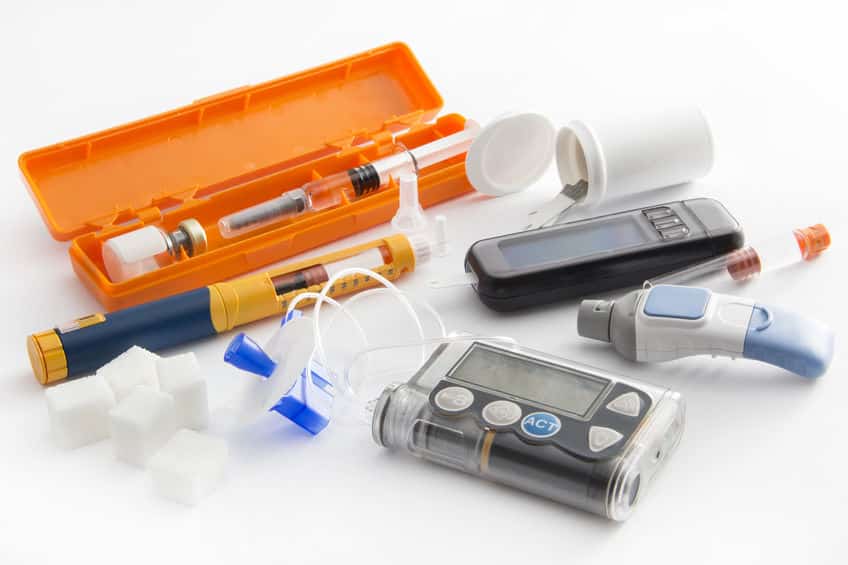Type 1 Diabetes Treatment
Type 1 diabetes is an autoimmune disorder where the pancreas doesn’t produce insulin, a hormone vital for regulating blood sugar levels. To prevent serious health complications, doctors often prescribe insulin therapy to help stabilize blood glucose.
Given that type 1 diabetes is marked by the absence of insulin production by the pancreas, supplementary insulin is vital. Having adequate insulin is essential as it helps manage your blood sugar levels within a healthy range.
What are your treatment options for type 1 diabetes? Here are some commonly recommended strategies:
- Administering insulin
- Monitoring carbohydrate, fat, and protein intake
- Regularly checking blood sugar levels
- Eating nutrient-rich foods high in fiber and low in carbohydrates
- Engaging in regular physical activity and maintaining a healthy weight
The goal is to keep your blood sugar levels within a normal range to delay or prevent other health problems. Aim to maintain your daytime blood sugar levels before meals between 80 and 130 mg/dL (4.44 to 7.2 mmol/L), and ensure post-meal levels do not exceed 180 mg/dL (10 mmol/L) two hours after eating.
Types of Insulin
People with type 1 diabetes need lifelong insulin therapy. Thanks to advances in medical technology, there are now various types of insulin available.
Different forms of insulin include:
- Short-acting insulin – Also known as regular insulin, this type starts working around 30 minutes after injection, peaks at about 90 to 120 minutes, and lasts approximately 4 to 6 hours. Examples include Humulin R, Novolin R, and Afrezza.
- Rapid-acting insulin – This type begins to work within 15 minutes and is usually taken 15 to 20 minutes before meals. Examples include Glulisine (Apidra), lispro (Humalog, Admelog, and Lyumjev), and Aspart (Novolog and FiAsp).
- Intermediate-acting insulin – Known as NPH insulin, this variety typically takes effect in 1 to 3 hours. Insulin NPH (Novolin N, Humulin N) is an example.
- Long- and ultra-long-acting insulin – This type can last from 14 to 40 hours. Examples include Glargine (Lantus, Toujeo Solostar, Basaglar), Detemir (Levemir), and Degludec (Tresiba).
Typically, multiple daily injections of both long-acting and rapid-acting insulin are required. Research indicates that a regimen of three or more insulin injections per day can improve blood sugar control. However, the specific treatment plan depends on the severity of your diabetes and any other health considerations.
Future Treatment Options for Type 1 Diabetes
Some emerging treatments for type 1 diabetes that may be considered in the future include:
Pancreas transplant – This option is for patients with particularly difficult-to-manage diabetes. With a successful pancreas transplant, daily insulin injections may no longer be necessary. However, pancreas transplants are not always successful and come with significant risks, which can sometimes make this treatment option more hazardous than diabetes itself.
Islet cell transplantation – Researchers are exploring the possibility of transplanting new insulin-producing cells from a donor pancreas. Although this experimental method has faced numerous challenges in the past, new techniques and improved medications to prevent islet cell rejection may enhance its potential to become a viable treatment in the future.
